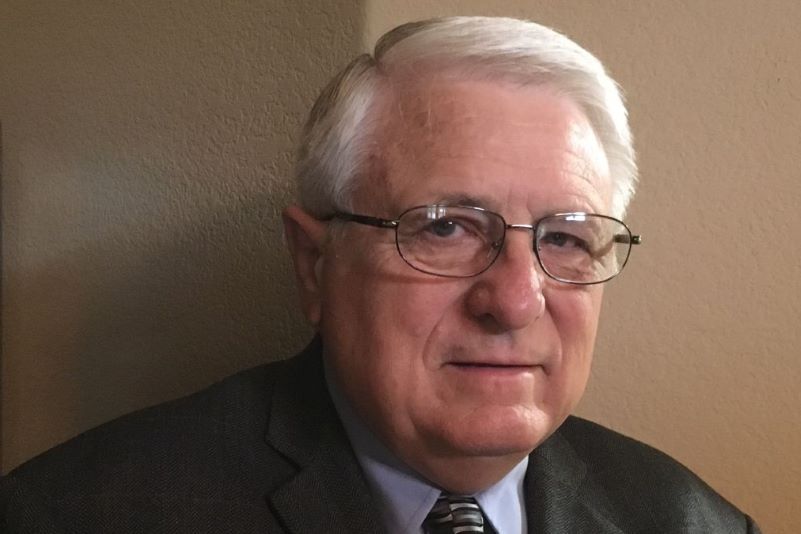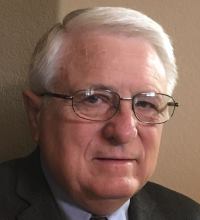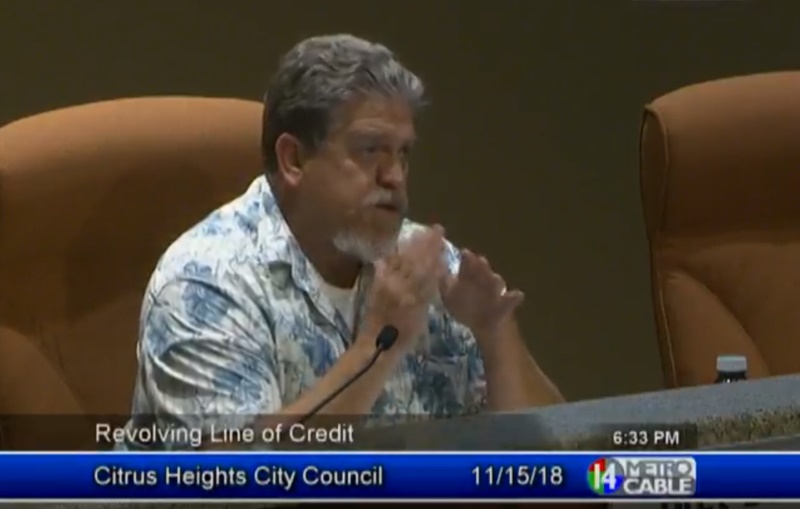
Sentinel staff report–
Latest campaign finance disclosures show more than $100,000 has poured into the various races for Citrus Heights City Council this year, far more than the city has ever seen in recent years — despite elections shifting to smaller council districts within the city instead of being held at-large.
The most money being pumped into the city’s three district races is in the southeastern portion of Citrus Heights, where Mayor Porsche Middleton is facing businesswoman Natalee Price in the race for District 5. As of Oct. 22, Middleton reported receiving over $37,000 in contributions so far this year, while Price reported just over $6,700.
Middleton also reported early contributions over the past two years, bringing contribution totals to her 2022 election committee to more than $78,000. She and MariJane Lopez-Taff, in District 2, were the only candidates who reported early fundraising efforts prior to this year.
Campaign disclosures are required by the California Fair Political Practices Commission (FPPC) for local candidates who raise or spend over $2,000. Two pre-election disclosure filings are required by the commission, with an additional requirement for candidates to file a separate form each time a donation of $1,000 or more is received.
Below is a summary of the financial filings for each of the nine candidates’ running for Citrus Heights City Council in 2022, categorized by district.
DISTRICT 2
Steve Durham: No donations reported. Filed a sworn statement on Aug. 11, stating he anticipates receiving and spending less than $2,000 during the calendar year on the election.
James Tipton. No donations reported. Filed a sworn statement on Sept. 27, stating he anticipates receiving and spending less than $2,000 during the calendar year on the election.
Michael Nishimura. Reported receiving a total of $18,000 through Oct. 22, with $10,000 coming from personal loans and a pair of $4,000 donations appearing to come from family members with the same last name. Nishimura’s top recent expense listed was $2,005 to All Star Printing for postcard mailers. Total expenses listed were $8,354.
MariJane Lopez-Taff. Reported receiving $4,635 through Oct. 22, with the top donation of $1,016 coming from Sondra Nunez, owner of Mountain Valley Petroleum, a fuel transportation company based in West Sacramento. She also received $734 in contributions last year. Total expenses listed were $3,862, with the top expense of $766 for campaign signs to buildasign.com.
DISTRICT 4
Manuel Perez-Salazar: No donations reported. Filed a sworn statement on Sept. 27, stating he anticipates receiving and spending less than $2,000 during the calendar year on the election.
Jayna Karpinski-Costa: Reported personal loans to her campaign totaling $25,000 through Oct. 22, with no other donations except for a $275 nonmonetary contribution from District 5 candidate Natalee Price for social media management. A total of $5,747 in expenses are listed, with the top expense being $3,936 to Commerce Printing in Sacramento.
Albert Fox. Reported receiving a total of $5,763 through Sept. 29, with an additional $300 reported through Oct. 22. A personal loan for $5,000 is listed as the top donation, followed by a $250 donation from Jerry Roach, who is listed as an individual with no occupational information. A total of $3,250 in expenses are listed, with the top expense of $1,656 being paid to All Star Printing in Citrus Heights for campaign material.
DISTRICT 5
Porsche Middleton. Reported receiving a total of $37,633 through Oct. 22, with an additional $32,391 raised in 2021. Middleton has three top donors who each gave the maximum annual limit of $4,900, including the Sacramento Metropolitan Chamber PAC and Inter-State Cooperative, Inc., which lists an address of “The Sanctuary” cannabis dispensary in Sacramento. A personal donation of $4,900 from Citrus Heights resident and Google engineer James Prioleau is also listed. Prioleau also gave $4,900 to her campaign in 2021.
Middleton’s 2022 election committee also received $8,675 in 2020, largely from an $8,500 donation from Citrus Heights Residents for Better Community, which The Sentinel previously reported was formed in 2020 to support Measure M and received donations from “The Sanctuary” and a company with a New Hampshire address listed as Ajala, Inc.
A total of $40,502 in expenditures are listed this year, with Middleton’s top recent expenditure being $6,097 to the United States Postal Service for postage/delivery services, and $10,500 to the American Leadership Forum last year.
Natalee Price. Reported receiving a total of $6,707 in contributions through Oct. 22, with $1,850 coming from a personal loan to her campaign and the top contribution of $900 coming from District 4 candidate Jayna Karpinski-Costa’s committee, who has endorsed Price. A total of $6,717 in expenses are listed, with the top expense of $845 being paid to Brother’s Printing on Roseville Road for campaign material.
The next FPPC reporting deadline for candidates is Jan. 31, 2023. To see all the candidates’ full campaign finance filings, click here.
In contrast to prior years, Bret Daniels won election to his district seat in 2020 with around $3,000 in contributions and Vice Mayor Tim Schaefer won election with less than $2,000 reported in contributions the same year.
Four years ago, when the city still held at-large elections, Councilman Steve Miller reported just over $10,000 in contributions to win re-election, and Councilwoman Jeannie Bruins reported around $16,000. Middleton, who won her seat on the council for the first time that year, reported more than $40,000 in contributions in 2018 to beat a pair of well-funded contenders.
To learn more about each candidate, see prior story: Election 2022: Who’s running for Citrus Heights City Council?







